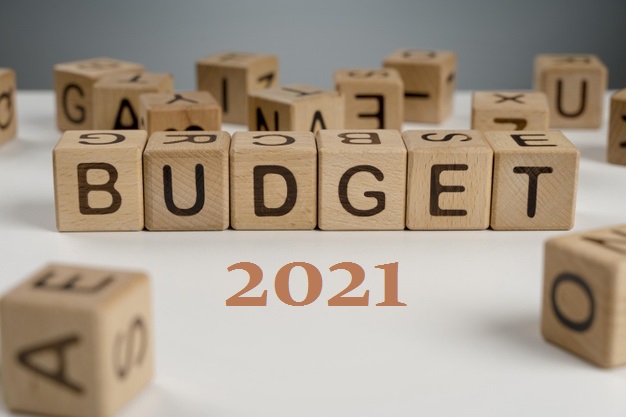The real estate sector holds a significant position in the Indian economy, contributing over 15% to the nation's GDP. Beyond its substantial contribution to GDP growth, the sector also provides employment opportunities for a large workforce, solidifying its role in economic progress and overall stability. It has been instrumental in the economic recovery following the coronavirus pandemic. Due to the sector's reliance on government policies, favorable regulations and consistent cash flows are essential for its proper and uninterrupted operation. This continuous functioning maintains the sector's stability, which in turn facilitates the acquisition of project funds through diverse schemes and proposals.
Expectations from Union Budget 2021-22
The real estate sector has several key expectations from the budget. A primary request is to offset the Goods and Services Tax (GST) levied on inputs such as cement. This measure would lower construction costs, ultimately making property prices more affordable for potential buyers.
Furthermore, there's anticipation for a GST amnesty concerning under-construction projects within the housing sector. Such reforms could significantly stimulate housing demand, potentially mitigating the ongoing financial challenges. The sector also seeks substantial tax relief for homebuyers. It proposes an increase in the current cap of ₹2 lakh on housing loan interest under Section 24(b) of the Income Tax Act to approximately ₹4.9 lakh. Increased tax relief would translate to higher disposable income for buyers, ultimately boosting demand.
Considering the numerous real estate projects financed through various funding sources, the government is urged to grant exemptions to fundraising regulations and ensure accessibility to alternative investment funds. Encouraging private sector investment in housing, particularly affordable housing, is another crucial aspect.
Today, the real estate sector grapples with the significant challenge of a liquidity crunch. The consequences include delayed possession or project delivery, increased project costs, and subsequently, inflated property prices.
SWAMIH Fund
Established in September 2020, the Special Window for Affordable and Mid-Income Housing (SWAMIH) fund aims to provide relief and support to stalled projects. It offers last-mile funding for middle-income and affordable residential projects. The government is encouraged to sustain the SWAMIH fund and allocate increased capital flows to benefit more residential projects, especially in Tier II and Tier III cities.
Conclusion
As the Indian economy navigates its recovery from the pandemic, industries, including real estate, view the Union Budget 2021 as a beacon of hope for economic improvement. Industry experts believe that addressing the aforementioned demands in the 2021-22 budget would provide a substantial boost to the real estate sector in the years to come.
